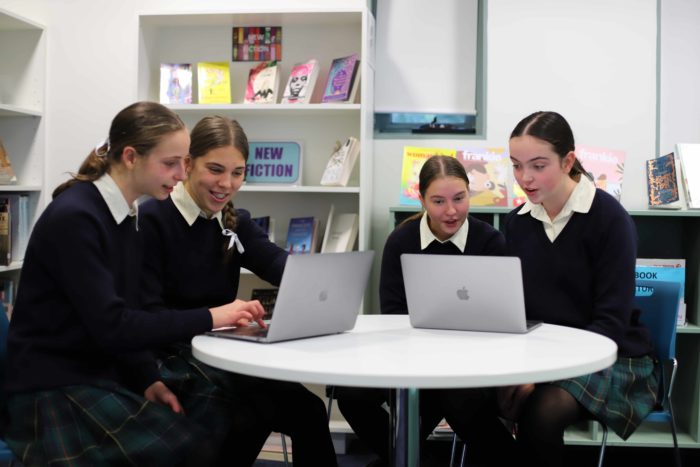The students of today will be graduating into a global society where they will come in daily contact with people from around the world and they will be part of neighbourhoods that are becoming more diverse. This will have a direct impact on work and the type of employment that is open to them. In Humanities we have begun to address students understanding of global literacy and knowledge of the world. Global literacy is an area that is not only interesting to the students, but it is an area that will be increasingly important for future employment. For example, as a tennis player the skills learnt in Geography regarding spatial technologies increases the competitiveness. Doctors face so many situations that involve their understandings of historical and geographic features in enabling them to diagnose and treat a wide variety of illnesses. A solid understanding of global literacy is increasingly essential for young people who are competing for jobs that require them to understand the global context in which they operate in and inform the decisions they make.
In their future employment our students will need to act on local and global issues. This will be the case in all areas of employment. They will benefit from being able to take into consideration intercultural differences, along with the ability to break down stereotypes and challenge attitudes. Our students will need to understand that the rapidly changing world calls for the understanding of global issues and an awareness of their implications. Students who has a well-developed understanding of global literacy, that has been gained from the study of Humanities subjects, will improve the chance of thriving and standing out of the crowd. Our young people will need to be able to analyse global issues in the political, economic, socio-cultural, historical, and environmental context. They will benefit from the ability to analyse global systems and to be able to analyse their characteristics, dynamics and implications. It will not only be professions that focus on hospitality or medicine, but it will include education, legal professions, technological positions, armed forces and skilled agricultural positions to name a few, who need to have a well-developed understanding of global literacy to thrive.
In our Humanities courses we address these needs whether that be in improving the students’ geographical and economic knowledge in Year 7 and 8, their understanding of the global governance in Year 9 International Studies or analysing issues in an historical or environmental context. The humanities students of today are also encouraged to collaborate during their learning, working in teams and developing skills that will be necessary for their future employment. Global literacy and collaborative skills will hold our students in a good position.
References
- https://today.uconn.edu/2013/06/helping-future-teachers-develop-global-literacy-skills/
- https://www.aacu.org/publications-research/periodicals/challenge-global-literacy-ideal-opportunity-liberal-professional-0
- https://education.nsw.gov.au/teaching-and-learning/professional-learning/scan/past-issues/vol-36,-2017/connecting-beyond-the-classroom-move-from-local-to-global-learning-modes2
- https://education.nsw.gov.au/teaching-and-learning/professional-learning/scan/past-issues/vol-36,-2017/connecting-beyond-the-classroom-move-from-local-to-global-learning-modes2
- https://trainingmag.com/increasing-global-literacy/


